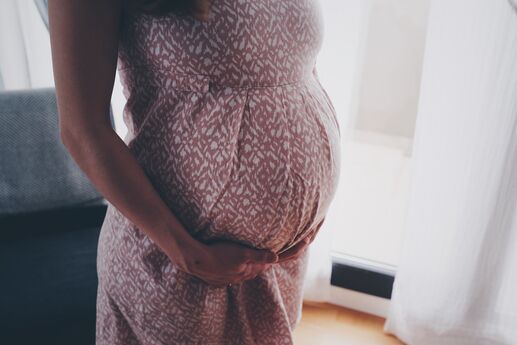An Expectant Mom’s Guide to Contractions
Many first-time expectant moms are understandably nervous about the labor and delivery process. A smart way to alleviate any anxiety associated with the birth of your new baby is to learn as much as possible about what to expect, including the difference between true labor signs and false alarms. Pocket this advice and you’ll be ready to take on your labor with confidence.
Beware of false alarms. Many soon-to-be new moms experience false labor pains known as Braxton Hicks contractions. If you're not sure whether these might be real labor pains, remember that false contractions are irregular in their timing. And if changing your activity or position makes the pain go away, it's probably false labor. On the other hand, true labor contractions take place at regular intervals and occur more frequently as time goes on. They’ll last anywhere from 30 seconds in the beginning to 90 seconds as labor progresses, and walking or any increased activity may cause the contractions to intensify.
Look for other signs. While labor pains are usually a sign that you’re nearing your delivery time, there are other indications that labor is not far away. For starters, the new baby may have dropped, also known as lightening. This simply means your little one has settled into your pelvis. In some instances, a woman's water may break before labor begins, which occurs either as a sudden gush of fluid or a steady trickle. This is the amniotic sac, which is a fluid-filled membrane that protects the baby in the uterus. Once this occurs, there is an increased risk for infection, so if labor has not already started, you may need to be induced.
Call the doctor You'll want to call your health care provider (and prepare to head to the hospital) if your contractions are growing stronger and occurring at shorter intervals. The same is true if your water has broken. Likewise, severe vaginal bleeding or cramping, as well as pain in your belly, back, or pelvis, are reasons for an expectant mom to call for emergency assistance.
When it comes to childbirth, the more prepared you are, the better, so memorize the signs of labor -- especially if this is your first delivery. Simply understanding the changes that take place in your body when the time finally arrives helps to put you at ease and prepare you for the birth of your new baby.







